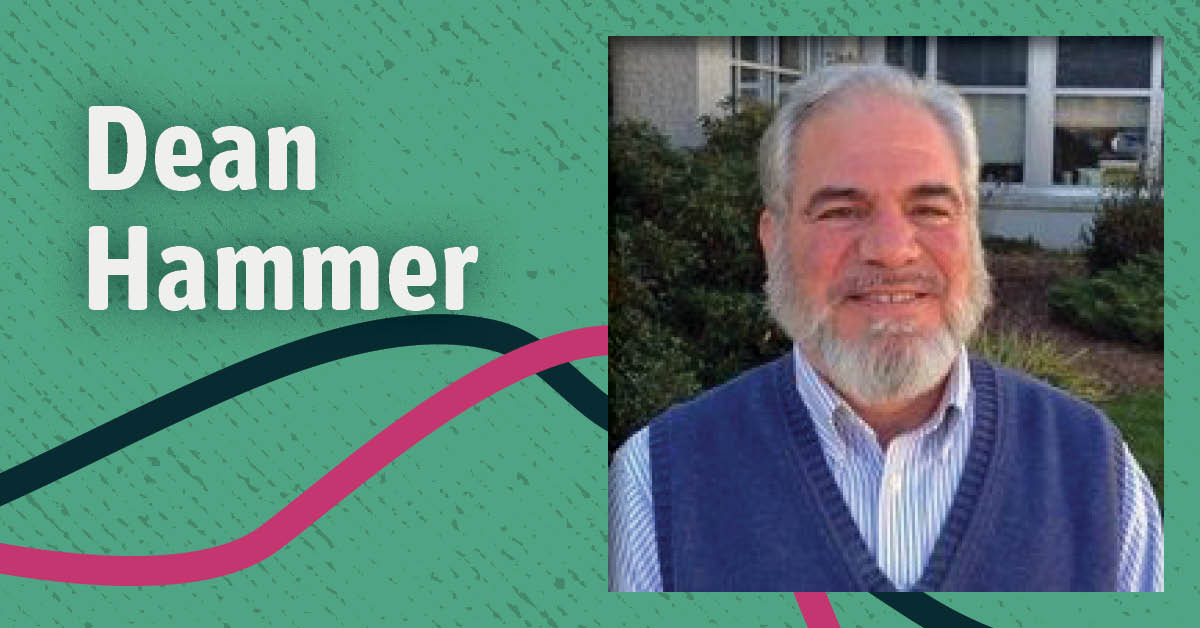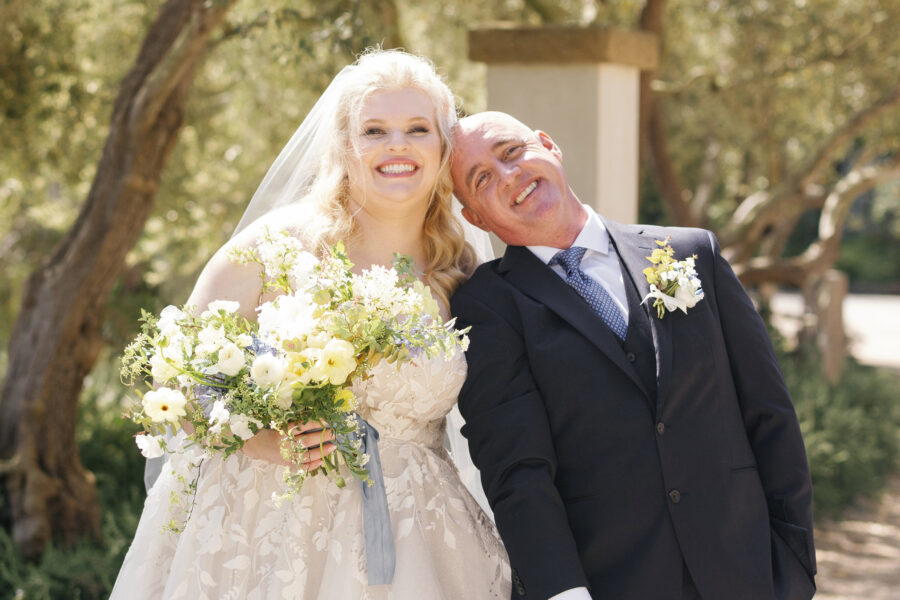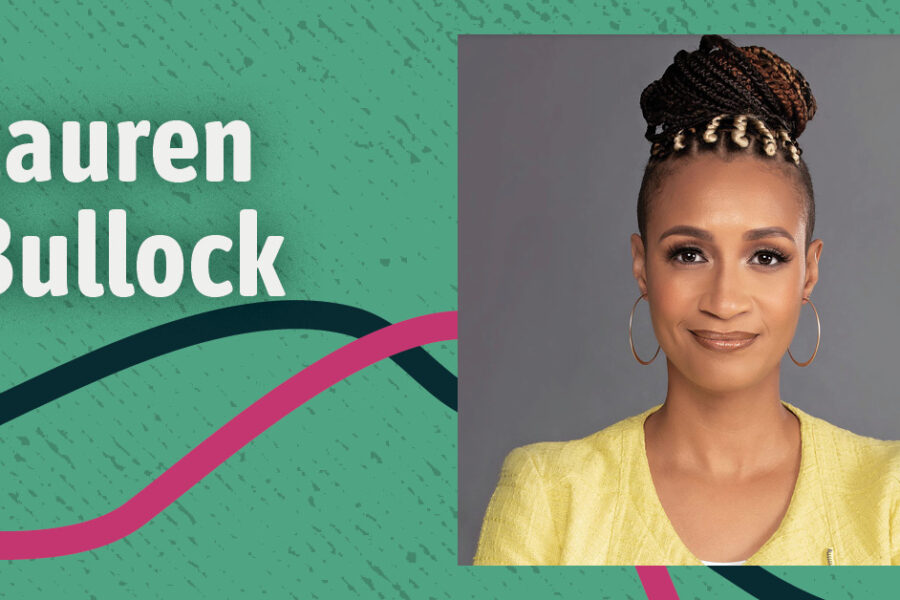Peace and justice activism and spirituality are the core of Dr. Dean Hammer’s clinical psychology practice and teachings. In his private practice in South Londonderry Vermont, Hammer takes an integrative approach to counseling, combining traditional psychodynamic methods with existential and cognitive-narrative perspectives and techniques. The courses he teaches at Antioch reflect a similar blend. Since he joined Antioch New England’s PsyD in Clinical Psychology faculty in 2009 he’s taught an array of courses, including Professional Seminar, Case Conference, Interventions, Brief Treatment, Integrative Psychotherapy, Peace Psychology, Spiritual and Clinical Issues, and Social Justice.
A Psychologist Activist
While studying at Yale Divinity School in the late 70s, Hammer joined the nuclear weapons resistance movement, in which he continued to be actively involved through the early 90s. He served time in prison as a consequence of his protesting, which gave him an insider perspective on American militarism, judicial systems, and the prison-industrial complex. His various published articles and current writing project explore how his experiences as an activist have highlighted the link between spirituality, activism, and healing. “In the darkness of solitary confinement for a week and many months in various jail cells, I came in touch with an élan vital, an internal life force that was not under the subjugation of the prison system,” he wrote in a 2020 article titled, “The Lived Experience of an Activist Psychologist.” How to translate experiences from the margins of society to various audiences? How to contribute to a healing force subverting the threats to human survival?’ These are key questions, informing Hammer’s current research. The emancipatory emphasis of Liberation Psychology deeply resonates for him.
Acknowledging Transgenerational Trauma
Hammer also writes about being a third-generation descendant of Holocaust survivors; how the hidden nature of this history, the wounds of his ancestors, were manifested in his own life. Only when he learned of this secret source of pain in his family did a path to healing become clear, casting his original calling to peace and justice work in a new, even more poignant light. Hammer sees the acknowledgment of transgenerational genocidal trauma as essential for our times – when our culture’s history of genocide is hidden and covered over by the dominant narrative touting “the American dream.”
One of Hammer’s current goals is to promote the development of a scholar-practitioner-activist model for psychologists. The PsyD in Clinical Psychology program is based on the scholar-practitioner model developed at the Vail Conference in 1973. Integrating activism with this model creates a specialized focus on social justice research and advocacy. He is working with an Antioch-based research collaborative for this purpose. “An aspect of this is to foster greater awareness and understanding of the impact of transgenerational trauma in our clinical work,” he says. “Another dimension is to attend to the collective trauma due to witnessing genocide in our culture’s history and to cultivate a global movement to prevent nuclear genocide and climate catastrophe (not small goals I realize). The urgent issues of our time call psychologists to serve as crisis clinicians in the global emergency room.”
Spirituality in Psychological Practice
The most rewarding aspects of Hammer’s career have been in witnessing clients’ movement towards greater health, and in seeing students become inspired to pursue their commitments to peace and justice concerns and to collaborate with each other to enhance their learning experience. “One example that stands out [from Antioch] is when students from my Professional Seminar advocated and created the opportunity for me to teach a course on Spiritual and Religious Issues in the clinical setting,” he says. “Students were very enthusiastic about developing greater skill and knowledge in this area of multicultural diversity.”
Hammer has a history with Antioch and appreciates that he’s been a part of the institution for so many years. He began as a student in the doctoral program in 1995, completing his degree in 2003, the “long trail,” he calls it. He is currently the Social Justice Coordinator at AUNE as part of the Center for Diversity and Social Justice. Peace and social justice activism remain a primary focus for him in conjunction with his teaching and clinical work. When asked if there is anything he’d like to see changed in his field, he replied that given his special focus on resistance to nuclear weapons and all weapons of mass destruction, he wishes there would be a growing cohort of psychologists committed to overcoming what he views as societal psychopathology. “From a perspective of social trauma, we need to attend to the collective demoralization that creates feelings of powerlessness regarding systemic violence, racism, and oppression.”
He spoke about another hope for the training and practice of clinical psychology in his paper (2019) focused on spirituality in clinical practice: “Soulfulness provides a more holistic orientation, encompassing cognitive, emotional, and existential concerns.” His hope is for the field of psychology to reclaim a focus on the soul. In this interview, he highlights the centrality of his practice of meditation and prayer in his counseling, teaching, and activism. For Hammer, spirituality is a way of being in the world, emblematic of a person’s deepest held values and commitments.
Concluding Reflections & References
“I feel blessed by my years of education, teaching, clinical practice, and activism,” he says. “When clients find relief and greater health that is poetry in motion. When students are inspired to deeply engage in self-reflection and scholarship, this is tremendously fulfilling. And in my activism, I’ve enjoyed the privilege of participating in history and not just being a spectator. I hope to continue with all three aspects of my vocation as long as that is possible.”
Hammer, D. (2019). Cultivating soulfulness in psychotherapy. Spirituality in Clinical Practice, 6(2), 139.
Hammer, D. E. (2020). The lived experience of a psychologist activist. Psychotherapy and Politics International, 18(2), e1536.




